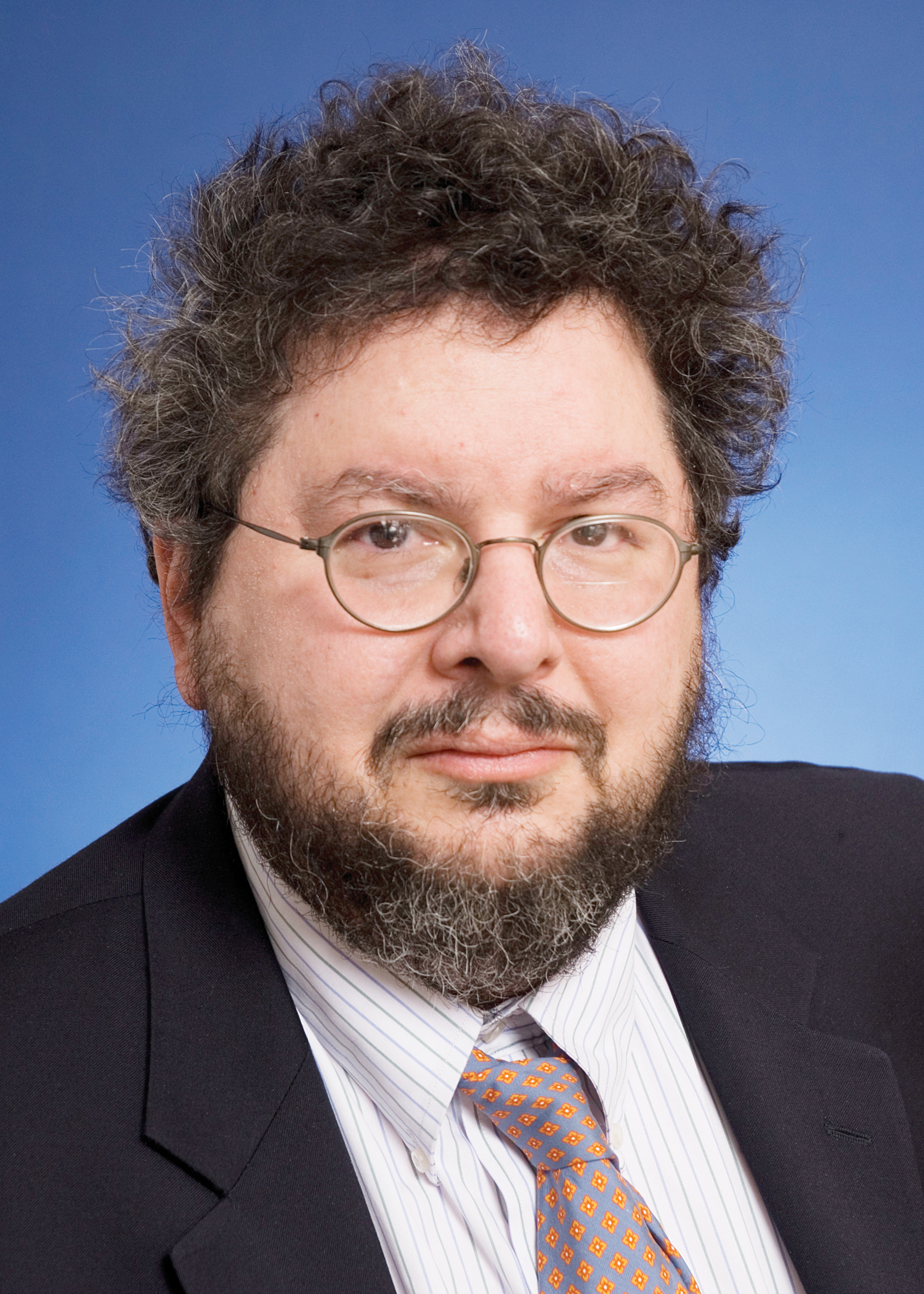In every arena of Western civilization—morality and politics, art and literature, the spirit of chivalry and the quest for God—Jewish ideas and biblical images lie at the foundation. Jews themselves have often failed to appreciate this majestic history, or to understand their remarkable place in the cultural history of mankind. To renew the West, we need to rediscover and renew the central place of the Hebrew Bible in shaping who we are, how we live, what we create, and what we value.

Dr. David Gelernter
David Gelernter is professor of computer science at Yale, chief scientist at Mirror Worlds Technologies, Contributing Editor at the Weekly Standard, and member of the National Council of the Arts. He is the author of several books and many technical articles, as well as essays, art criticism, and fiction. The "tuple spaces" introduced in Carriero and Gelernter's Linda system (1983) are the basis of many computer-communication and distributed programming systems worldwide. According to Reuters, his book Mirror Worlds (Oxford University Press, 1991) "foresaw" the World Wide Web and was "one of the inspirations for Java"; the "lifestreams" system (first implemented by Eric Freeman at Yale) is the basis for Mirror Worlds Technologies' software. Gelernter is also the author of The Muse in the Machine (Free Press, 1994), the novel 1939 (Harper Perennial, 1995), Machine Beauty (Basic Books, 1998), and most recently, Judaism: A Way of Being (Yale University Press, 2010).
He is a former National Fellow at the American Enterprise Institute and Senior Fellow in Jewish thought at the Shalem Center, and sat on the National Endowment for the Arts. He publishes widely; his work has appeared in The Wall Street Journal, New York Post, New York Times, The Weekly Standard, and elsewhere. His paintings have been exhibited in New Haven and Manhattan.
